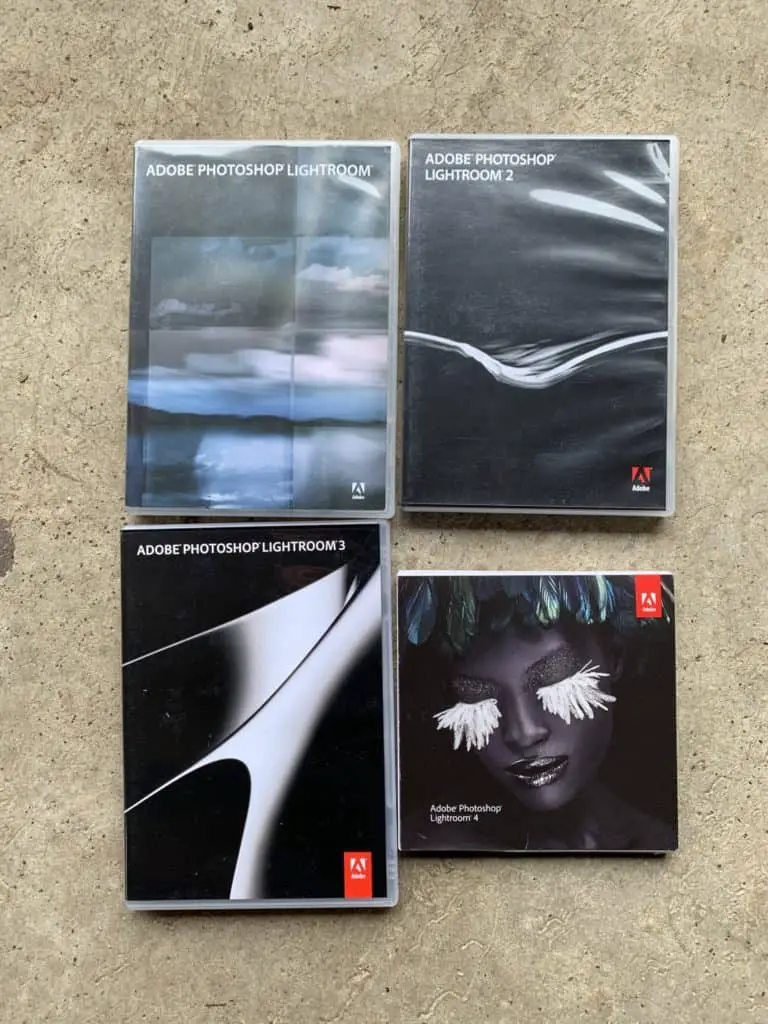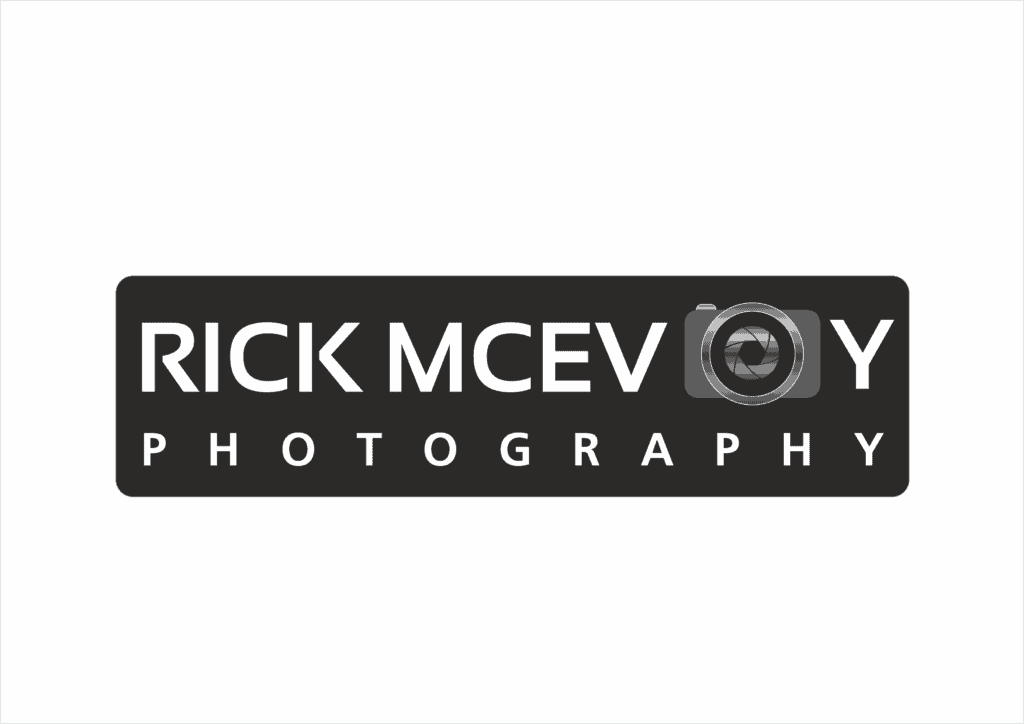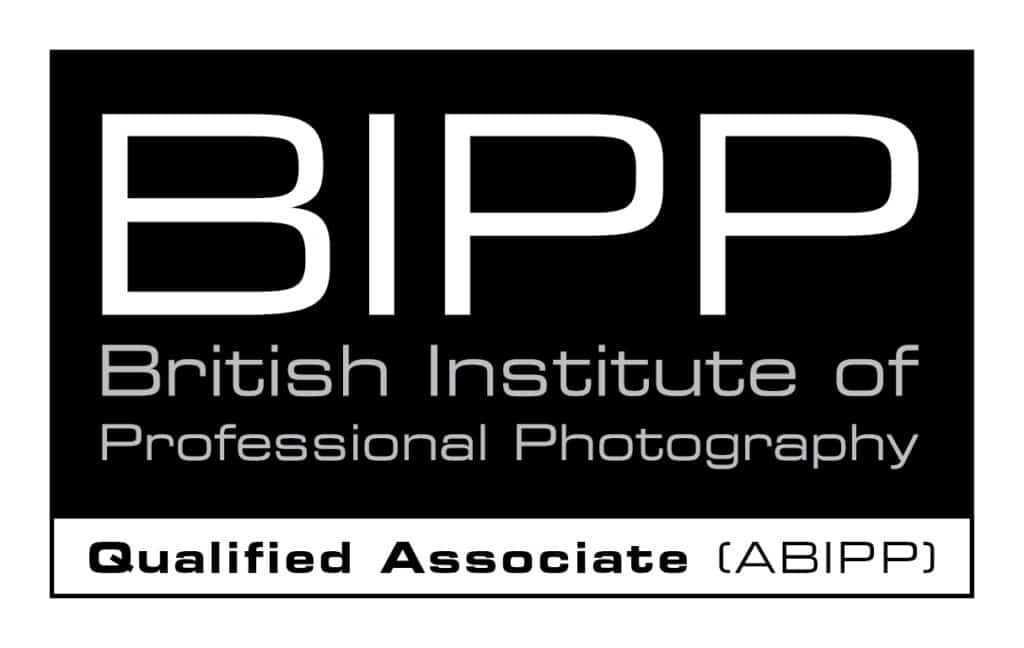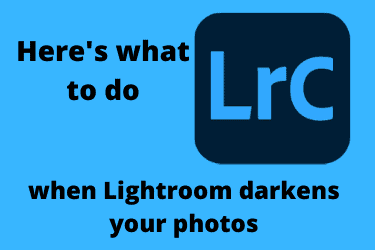Have you ever opened up photos in Lightroom that looked fine only for them to go dark?
When you open a RAW file in Lightroom the first thing that you see is a JPEG preview. Once Lightroom has processed the data in the RAW file the JPEG preview is replaced by the RAW file. The RAW file is unprocessed, so appears darker, flatter, duller and with less contrast. Lightroom is not darkening your image, it is displaying the unprocessed RAW file.
Believe it or not this is how it is meant to be, so do not worry.
Let me tell you what you can do about this, and why this happens, and how you can stop this from happening again.
But first – who am I?
Who am I to tell you this stuff? I’m Rick McEvoy, a photographer based in the UK. I specialise in architectural and construction photography, and also have a couple of other websites, Photos Of Santorini and Paxos Travel Guide.
I have been a Lightroom user since version 1.0 way back in 2007. So I know Lightroom!
And here is the proof, Lightroom 1, 2, 3 and 4 found in my garage the other day!

I am also the creator and all things behind the small but perfectly formed Photography Explained Podcast. In this podcast I explain one photographic thing per episode in plain English in less than 10 minutes without the irrelevant detail.
To the point
I will not waste your time in this post either. All I will tell you is what is happening and what else you need to know. No waffle, no padding, no bull.
Just what you need to know to answer the question.
So you are in safe hands with me. Let’s get into this starting right at the beginning.
What is a RAW file?
RAW is a file format that you select in your camera to take photos with. A RAW file is one that has no processing applied to it – apart from converting the light that comes through your lens and lands on the sensor into a photo that is.
The data itself in a RAW image is unprocessed. A RAW photo is dull, lifeless, with flat colours and is not sharp.
For a reason.
What is a JPEG?
JPEG is another file format. When you take a photo the camera “bakes in” certain processing. This is done to give you an immediately better looking image.
What processing does JPEG do?
Let’s take an extract from the Adobe website.
“The JPEG processing applied by the camera is designed to produce a good-looking image right out of the camera, and this processing cannot be undone.”
And that is the point here.
It cannot be undone.
So why use RAW if photos look better in JPEG?
If you are happy with JPEG then fine. But I am not. I want to do all the processing myself. I do not want the camera to do this for me.
So I take photos in RAW, giving me the maximum amount of RAW data which gives me more data to work with.
OK?
Why does Lightroom do this?
Why does Lightroom show the JPEG preview first? Good question. I would rather it did not. I do not want to see the JPEG preview, it has little value to me. The JPEG preview is an interpretation off my photo that I do not want.
But to be fair Lightroom is trying to show you the photo as quick as it can, which we can’t really argue with.
Every RAW file has a JEPG preview attached to it, and that is what you see first.
But the photo looked fine on my camera screen?
When you look at your camera screen after you have taken a photo you are not looking at the RAW file – you are actually looking at a JPEG preview of the RAW file.
This again is not good, and I wish cameras did not do that. But they do and we just have to live with this. But there is a reason for this – you can see what the possibilities are!
How do I stop this happening?
Well you could just take photos in JPEG but that in my opinion is not the answer. Take photos in RAW, and get the exposure correct.
And don’t worry about this – once you understand what is going on it does makes sense.
Problem solved!
Sure the RAW files will look dull and flat, but they are meant to – it is up to us as photographers to take the RAW files and make the best we can of them. That is our skill, our superpower.
Anyone can take a JPEG photo don’t forget, but not everyone can take and process a RAW file.
This is one way we set ourselves above the rest as photographers.
So take photos in RAW and get the exposure correct and the problem is largely history.
If I process the RAW file will this stop?
Yes. Next time you open Lightroom the JPEG preview will appear first, and the polished processed RAW file will pop up in no time and this problem will never darken your door again!
Try it and see – if this does not work don’t work keep on reading.
A word on presets
You might have some presets in Lightroom that do stuff to images when you import them into Lightroom.
Check this out as you might be doing something to the photos to make them darker.
And while you are there check out the Lightroom import presets – I use these all the time. Let’s call this a bonus tip.
Should I take photos in RAW or JPEG?
Take photos in RAW. No question. As long as you have the software, time, and ability to edit RAW files that is.
There is nothing wrong with taking photos in JPEG – anyone who tells you that is plain wrong. If you are happy taking photos in JEPG and not even processing them that is fine too. There is too much snobbery to things like this – do you what you want to do, just be aware of the consequences.
In my opinion though you are limiting yourself now and in the future with what you can create by taking photos in JEPG only.
RAW image capture gives you more creative opportunities and the chance to create better photos.
What do I do?
I take all my photos in RAW. All photos on my Canon and Olympus cameras that is. On my iPhone I sometimes use the camera in Lightroom Mobile to take photos in RAW, but most of the time I just use the camera app on its default settings.
I import RAW files into Lightroom and apply an amount of processing on import – this is the processing that I do to each and every image.
I further process images in Lightroom in RAW. I have not really thought about this darkening of photos before as I guess I am just used to it.
I export edited RAW files to JPEG for issue to clients, and also for publishing on my websites and social media channels. The JPEG files are read universally and have much smaller file sizes.
And when I export a file to JPEG there is no further processing done.
Is this relevant to architectural photography?
Well I have told you what I do, and what the answer is, so no not really.
Related reading
There are a few related posts that I have written – here they are.
21 Reasons I Shoot in RAW but Share in JPEG
JPEG file format: The what, the how and the why
Fact or Myth: JPEG deteriorates over time?
And check out my podcast
Yes I have a podcast called the Photography Explained Podcast. I am currently publishing two episodes for week, and my mission is to
“explain one photographic thing per episode in plain English in less than 10 minutes without the irrelevant detail”.
So check out the podcast website for lots more good stuff.
And I have a You Tube channel
I know, there is no end to the good stuff. Check out my You Tube channel Rick McEvoy Photography where you will find a video that accompanies this blog post.
Thanks for reading this
Thank you for reading this blog post, and for trusting me to help you. Please subscribe if you would like to receive a weekly email from me.
Any questions get in touch via my website. It would be great to hear from you.
Cheers from me Rick



